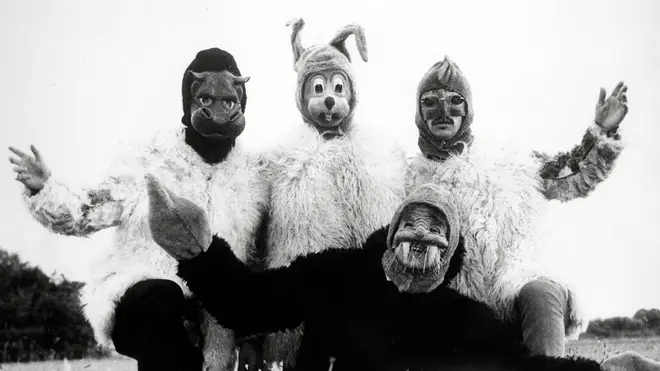On Air Now
Radio X Chilled with Sarah Gosling 10pm - 1am
5 October 2022, 16:43
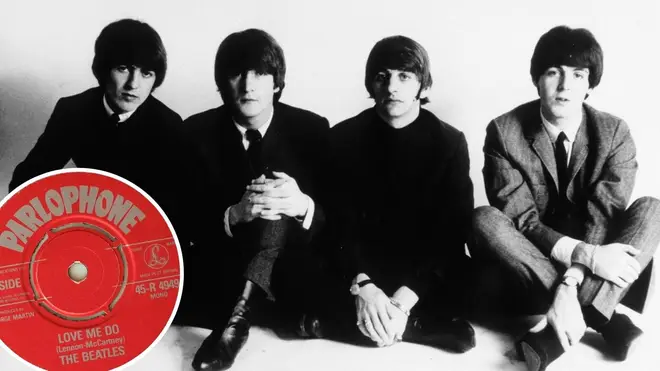
60 years ago, a band from Liverpool released their first ever single, Love Me Do. Since then, The Beatles have become a legend and the template for every great group that's followed since. Here's how they changed the music industry.
In the 2019 film Yesterday, Danny Boyle and Richard Curtis consider a world where The Beatles had never existed. How would culture have changed? Would have evolved in the same way, or would there be significant differences.
On 5th October 1962 - 60 years now! - the band's first single, Love Me Do, was released. The wider world would soon become familiar with the names John Lennon, Paul McCartney, George Harrison and Ringo Starr. They would follow the ups and downs of the biggest pop group in history.
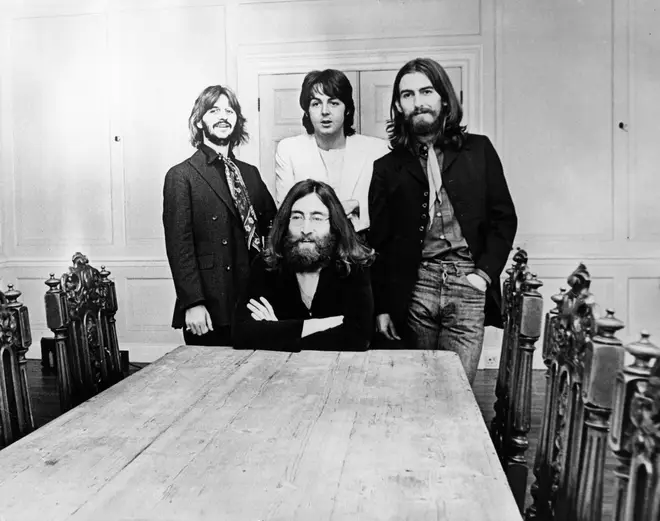
Millions more of us would be born into a "post-Beatles" world where the whole story was laid out in front of us. The Fab Four have been copies, parodied, paid homage to and derided over the past six decades. But they left an indelible imprint on the music industry. Here are just a few of the things they changed forever.
Band meets at school, learn their chops, take over the world, get self-indulgent, split acrimoniously. The Beatles story is the greatest showbiz tale of all. It has comedy, tragedy, triumph and defeat. Liam and Noel Gallagher sniping at each on Twitter is all very well, but John and Paul wrote and recorded actual songs about how much they disagreed with each other. The Beatles did everything: sex, drugs, rock ’n’ roll, even religion and meditation! And, of course, that grand finale... the rooftop gig.
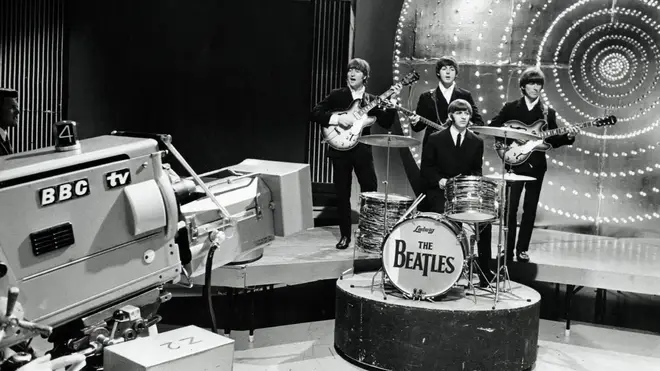
Before The Beatles, there was the old “Tin Pan Alley” method of song selection - an act would record a track written by professional songwriters. Cliff Richard did it, Tom Jones continued to do it. Rarely did acts pen their own materiail.
The Beatles were persuaded by George Martin to record a song called How Do You Do It for their second single - they turned in a rubbish version, but offered the far superior self-penned Please Please Me instead. With Lennon and McCartney on board, the Fabs were special in that they could drop the cover versions after a while - 1964’s A Hard Day’s Night was the first (and only) Beatles album to consist completely of Lennon and McCartney songs.
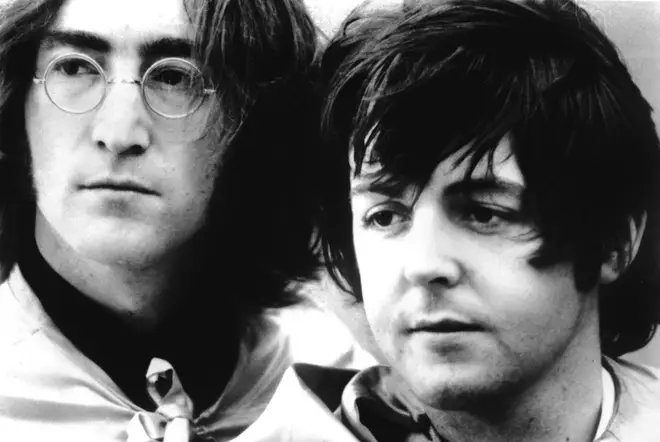
The change between 1963’s Please Please Me LP and Sgt Pepper four years later is remarkable. In such a short space of time, The Beatles had evolved from a beat band with teenage fans to songwriters acclaimed by musicologists the world over. Even when they took a side-step - with the “White Album”, for example - The Beatles would do the opposite of what was expected; they played by their own rules. Until then, the old adage of "give them what they want" was king - even if the audience had moved on.
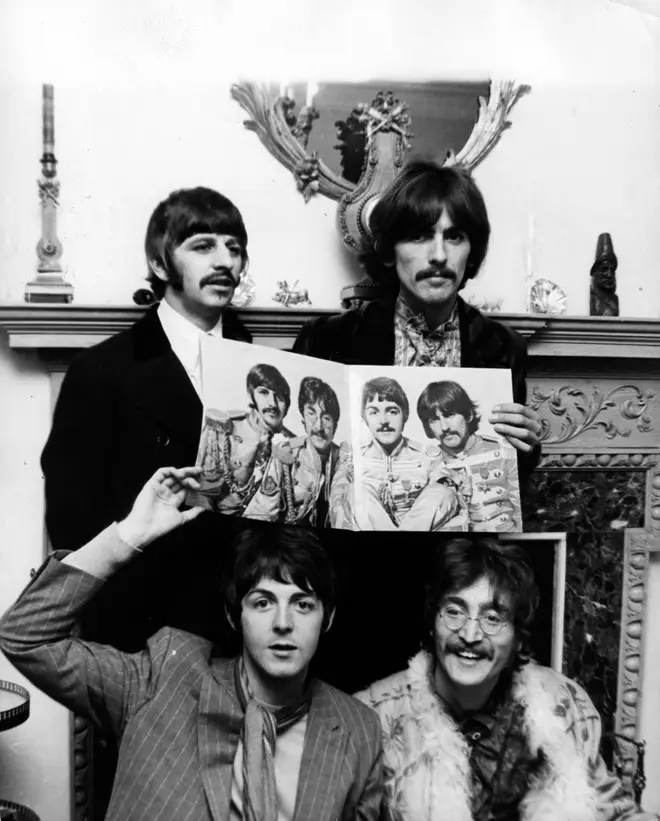
Before The Beatles, the pop album was a collection of recent hits and a whole load of filler. But starting with Rubber Soul in 1965, their LPs had an identity and feel of its own, which reached its peak in the first “concept album”, Sgt Peppers’ Lonely Hearts Club Band, two years later. That album didn’t even have a single on it! Other artists had made ambitious albums, but The Beatles were the first to put this kind of thing in front of a mass audience and take their fans along with them.

The Beatles - A Day In The Life
George Harrison first encountered Indian instruments on the set of the movie Help! in 1965, and it was his interest in learning the sitar that brought music from other cultures into the mainstream for good - and not just as a novelty. The Beatles also brought psychedelia, electronica, avant garde soundscapes, classical music and pretty much every genre under the sun into the realm of simple pop songs. Millions own a copy of the sound collage Revolution 9 (on the "White Album"), even if they always skip it.
